
Saving trees in tropics could cut emissions by a fifth, study shows
Reducing deforestation in the tropics would significantly cut the amount of carbon dioxide emitted into the atmosphere - by as much as one-fifth - research shows.

Reducing deforestation in the tropics would significantly cut the amount of carbon dioxide emitted into the atmosphere - by as much as one-fifth - research shows.
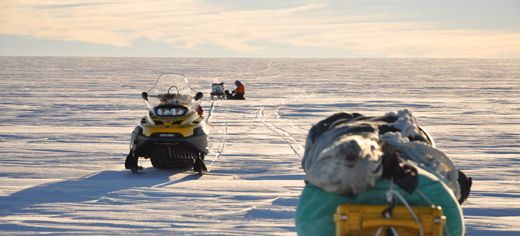
Three years of observations show that the Antarctic ice sheet is now losing 159 billion tonnes of ice each year - twice as much as when it was last surveyed.
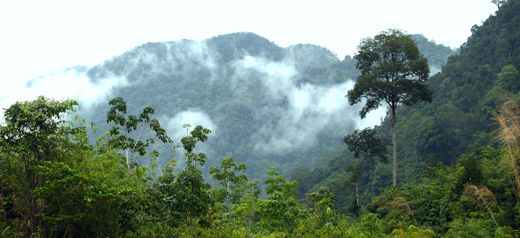
A team of scientists has found that Borneo's productive trees are vitally important for global carbon cycling.

A priceless First Folio of Shakespeare's plays is now available online, following months of painstaking digitization work at the University of Leeds.
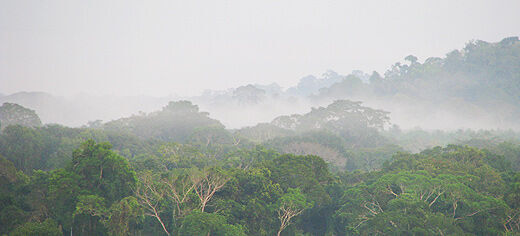
Carbon offsetting initiatives could be improved with new insights into the make-up of tropical forests.
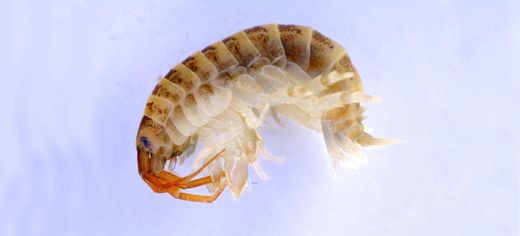
Foreign species that are devastating water ecosystems could be "hitchhiking" around Britain on canoeists' and anglers' kit, according to a new study.
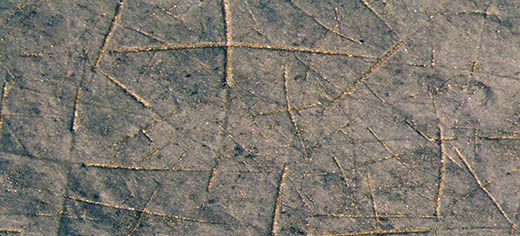
The first animals may have oxygenated the Earth's oceans - contrary to the traditional view that a rise in oxygen triggered their development, according to a study published in Nature Geoscience.
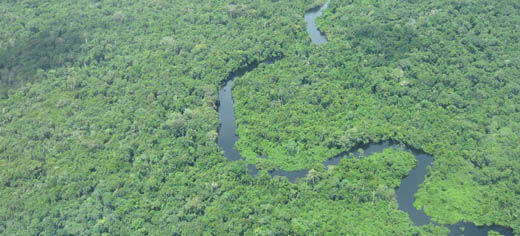
As the climate changes, the Amazon Basin may release more carbon dioxide into the atmosphere than it absorbs, according to a new study published in the journal Nature.

A multi-million pound centre for "big data" analytics at the University of Leeds will lead to unprecedented new insights into society, business and health in the UK.

The University of Leeds has announced a £60m fundraising campaign to create new student opportunities, push forward its research and support its vision of a place among world-leading universities.